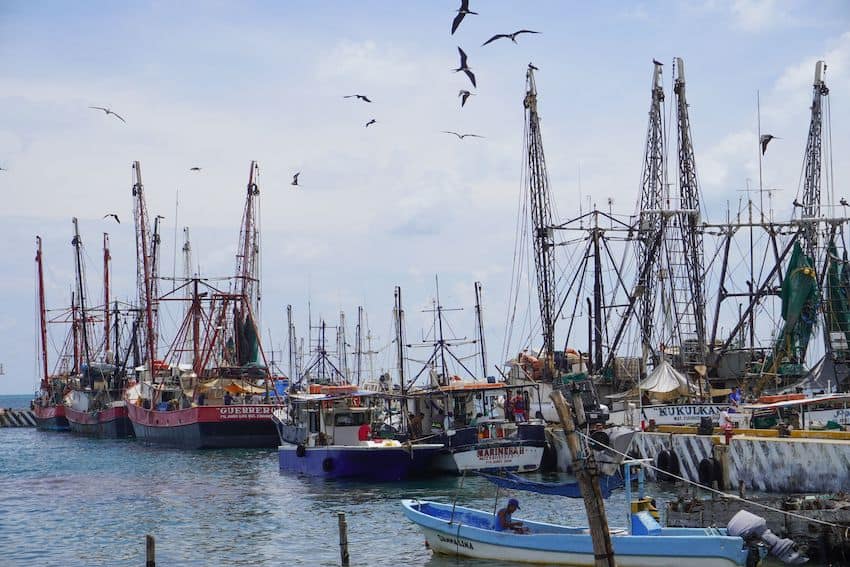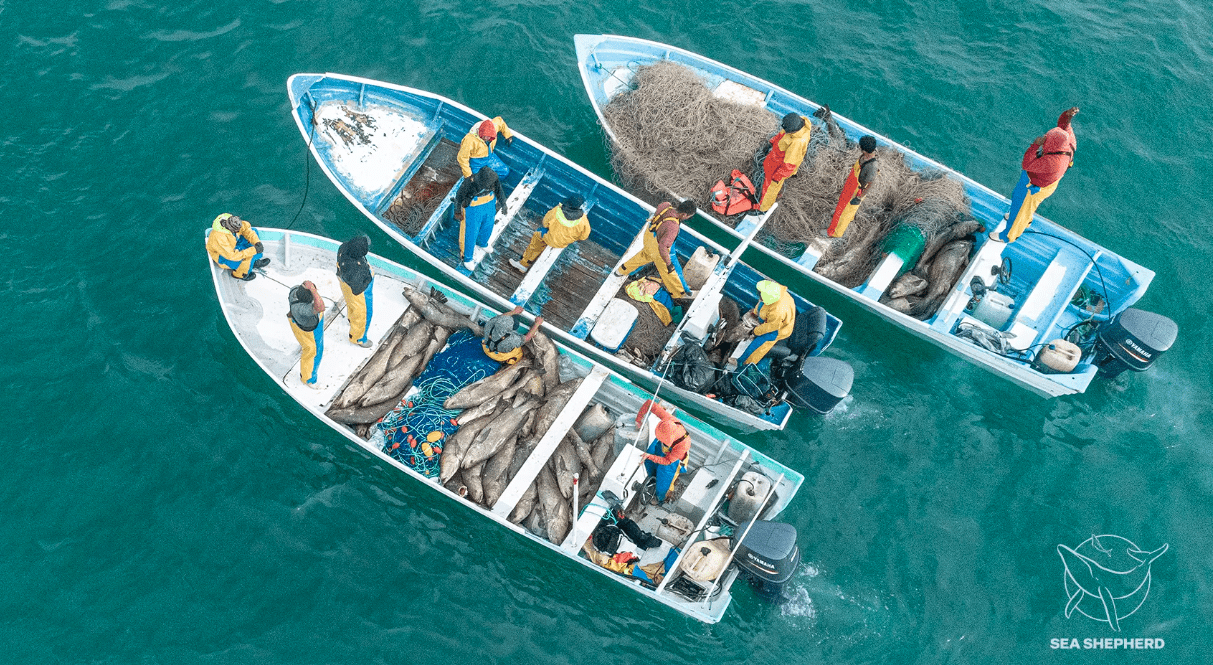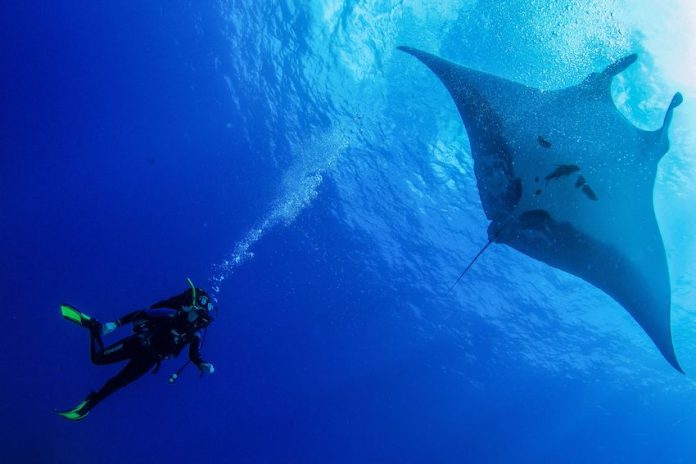Banning fishing in marine protected areas (MPAs) has not reduced the overall catch across the rest of the Mexican fishing industry, a new study of Mexico’s Revillagigedo marine park has shown.
Known as the “Galapagos of Mexico”, the Revillagigedo National Park, located in the Pacific Ocean west of Mexico, measures 147,629 square kilometers, and is the largest concentration of megafauna in the world and the largest marine protected area in North America, according to National Geographic.

The study, published in Science Advances journal, assessed the productivity of Mexico’s industrial fishing fleet before and after fishing was banned in the Revillagigedo in 2017. It found no decrease in catch as a result of the MPA, a piece of legislation designed to protect humpback whales, whale sharks, silky sharks and manta rays in the region.
The study’s authors told the Guardian newspaper that “large, fully protected MPAs can contribute to a more sustainable and equitable use of the ocean, without major economic repercussions on the fishing industry.”
This contradicts the fishing industry’s frequent claim that protecting ocean ecosystems requires economic sacrifice. Before Revillagigedo was declared an MPA, industry representatives argued that banning fishing in the 147,629-square-kilometer Pacific Ocean reserve would reduce their tuna catch by 20%.
Conservationists had long contested this claim, pointing out that even before the ban, only 3% of catches were landed in the area.

The paper’s lead author, Fabio Favoretto, a postdoctoral scholar at San Diego’s Scripps Institution of Oceanography, supported conservationists’ view in an interview with the Guardian newspaper. He said that it might be that the protected area had accounted for an “almost insignificant” amount of the area of ocean available to the Mexican fleet.
Favoretto dismissed the possibility that significant illegal fishing in the reserve went on after the ban went into effect. He said the study looked at data from vessel monitoring system (VMS), transponders, which Mexican fishing vessels are required to carry by law.
“You can switch off AIS [a type of boat tracking system], but you cannot switch off VMS, and our data is from the VMS,” he said.
Overall, fishing in the reserve declined by 82% after the ban – an unexpectedly high level of compliance. Most infractions occurred soon after the ban, dropping to near zero after the “Skylight” marine crime monitoring program was fully implemented in 2021.
Favoretto also said there was little evidence that fishing activity had been “displaced” to new areas, such as the deeper ocean. Rather, the evidence suggests the fleet caught the same amount of fish in a smaller area following the MPA’s implementation.
The findings also strengthen conservationists’ arguments that countries should comply with an agreement made at last year’s COP15 biodiversity conference to protect 30% of oceans by 2030. In Mexico’s case, that would require “two to four more Revillagigedos,” said Octavio Aburto, another of the study’s coauthors.
“It’s really a myth that we can’t protect more of the ocean because we need more fish to feed more people,” study coauthor Enric Sala told the Guardian. “The global fishing catch has been declining since the mid-90s, yet only 3% is protected from fishing.”
“The worst enemy of the fishing sector is not protected areas,” he said. “It’s overfishing.”
With reports from El Pais, The Guardian and National Geographic
